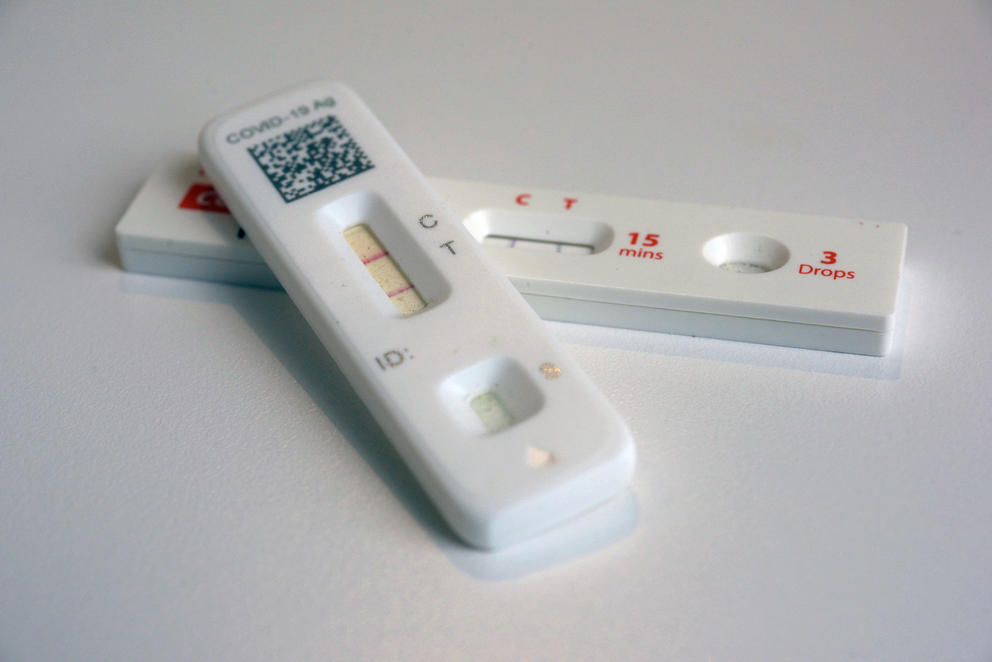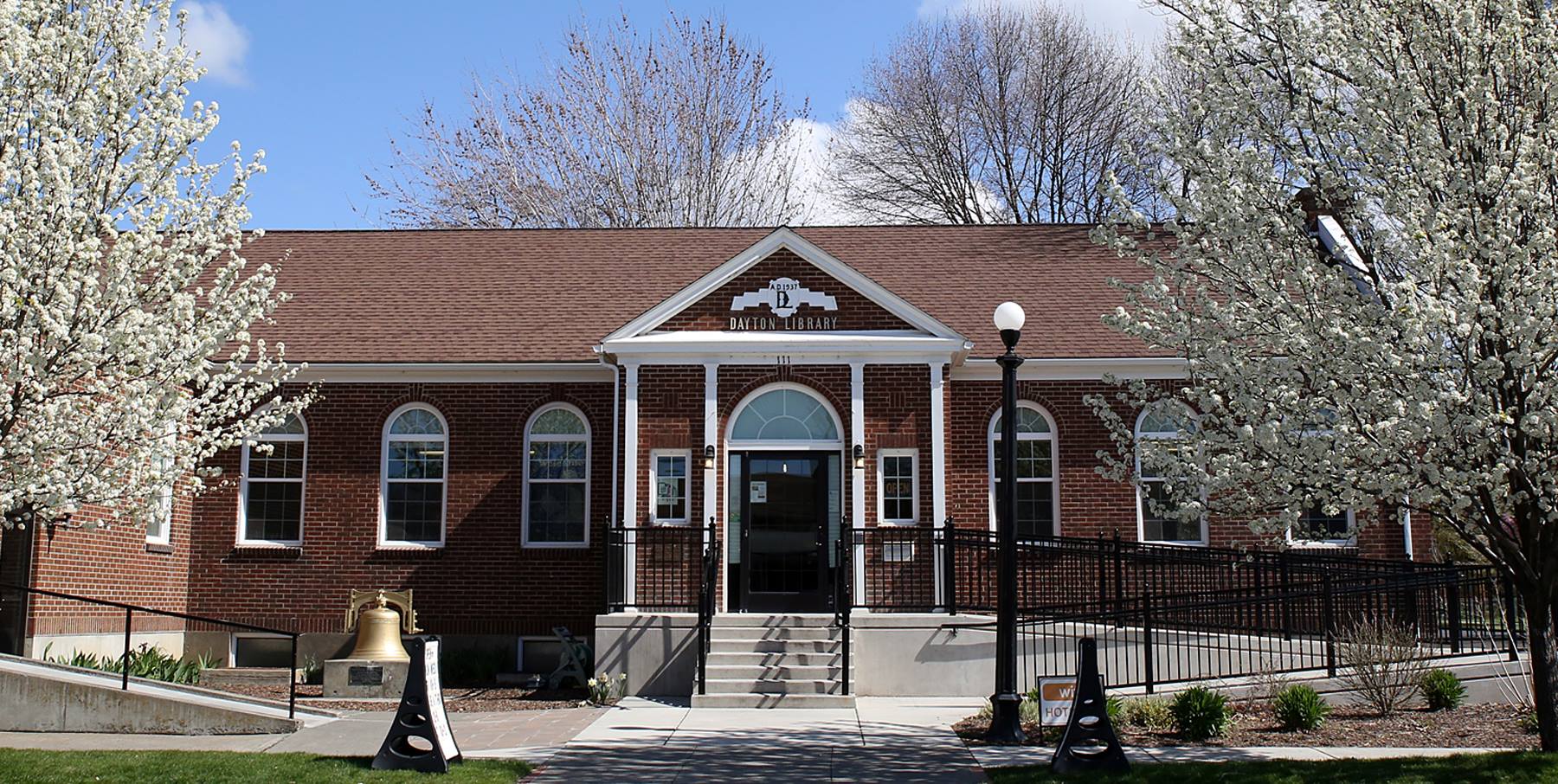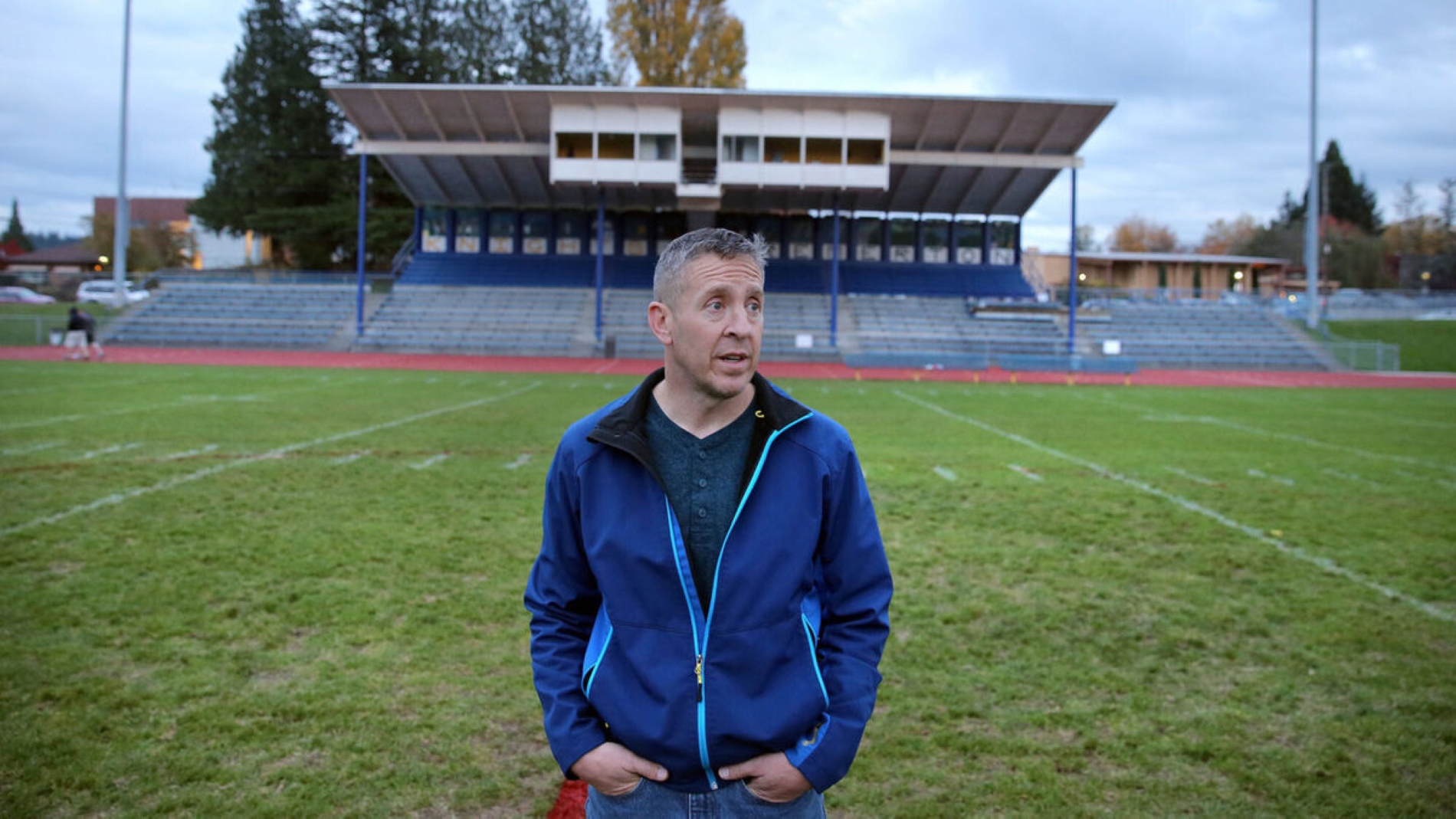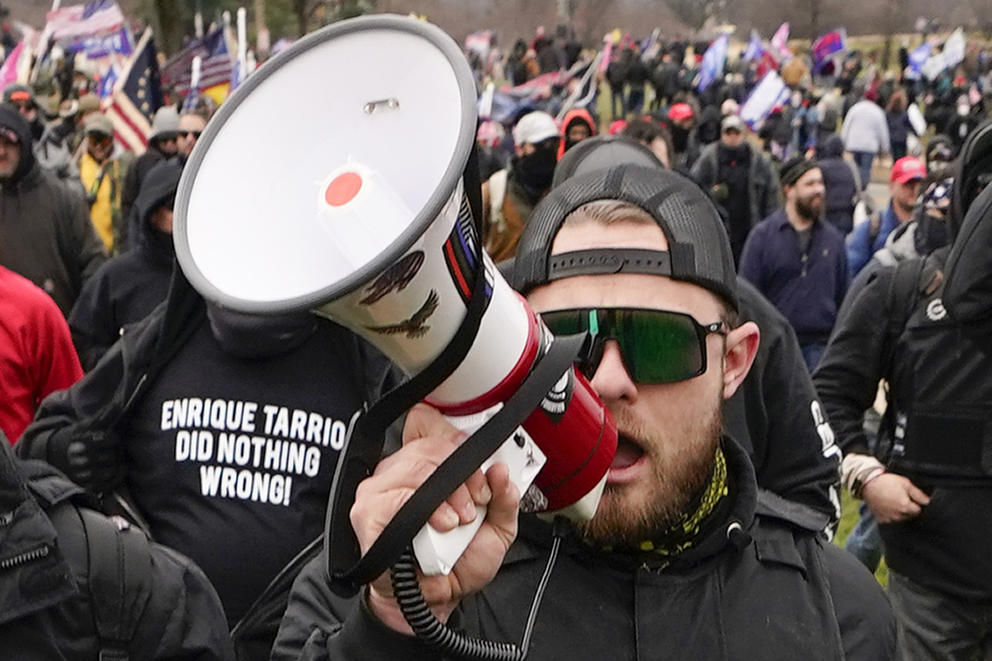Washington’s health insurance exchange, which launched its open enrollment period Wednesday, is expanding access to health and dental plans to every state resident regardless of citizenship or immigration status, the Washington Health Benefit Exchange announced.
Federal subsidies such as sliding scale tax credits continue to be available solely to U.S. citizens or immigrants with legal documentation, according to the agency. However, people without immigration documentation with modest incomes could be eligible for the state subsidy program. The program, Cascade Care Savings, will be available to anyone in Washington who meets the income eligibility limits, regardless of immigration status.
About one out of four of the remaining uninsured in Washington are people who are undocumented, according ot the state.
“Disparities exist and access to insurance coverage can often be the difference between life and death,” Wynne McHale, chief of staff at the Washington Health Benefit Exchange, told Crosscut. “We are glad to be opening our doors to everybody.”
Washington is one of the few states to offer access and state subsidies for health insurance through its exchange to all residents regardless of immigration status. Generally, the federal Affordable Care Act prohibits undocumented immigrants from purchasing health care through state exchanges. Washington received an innovation waiver from the federal government last year that allows the state to expand its enrollment to “work towards its goals of improving health equity and reducing racial disparities by expanding access to coverage for the uninsured population” without raising costs. The waiver is effective from 2024 to 2028.
A similar expansion of Washington Apple Health, the state’s Medicaid plan, is scheduled to launch in July 2024.
Five states – California, Illinois, Oregon, New York and Colorado – and the District of Columbia currently offer state-funded coverage or subsidies to all residents, according to health policy nonprofit KFF. Minnesota has plans to do so as well by 2025.
Enrollment through the Washington State Healthplanfinder is open through Jan. 15. People who enroll by Dec. 15 can sign up for a plan that starts Jan. 1. People who enroll between Dec. 16 and Jan. 15 can sign up for a plan that will start Feb. 1.









